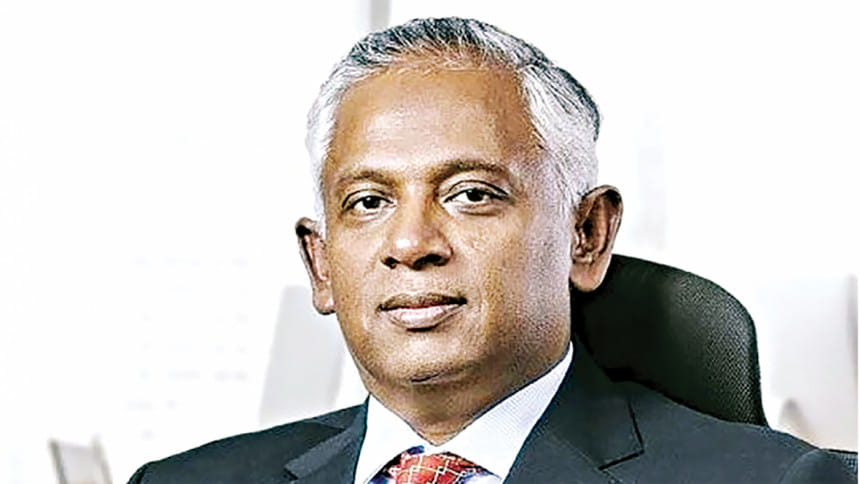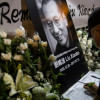Truth not to be told

A Moulana shared a viral story about his childhood friend, an eloquent speaker who became the Imam of a modern mosque in Dhaka. Excited, the Moulana visited the mosque but was shocked to find no Bangla discussion before the Khutba—just prayer and sermon. Disappointed, he asked, "Why waste your speaking talent?" The friend replied, "I learned the hard way not to speak on sensitive topics."
On his first Friday, he preached against interest, only to be confronted by the furious mosque President, accusing him of personal attacks. The next week's topic, bribery, angered the Secretary. By the third Friday, the Imam decided to play it extra safe. No money-related topics, no sensitive issues—just a classic moral lesson on alcohol. Big mistake. This time, the mosque's Cashier confronted him. "You've gone too far! How did you find out I drink occasionally? Do you have spies following me? If I stop your salary for two months, and we'll see how long you keep this up!". Frustrated by the constant backlash, he stopped speaking in Bangla. "Now I stick to Arabic," he quipped. "No one understands me, but they all say 'MashaAllah'. Problem solved!"
When the truth highlights a personal weakness, it threatens an individual's self-image and triggers a defence mechanism to protect their ego. This phenomenon, known as ego defence, often leads to denial, rationalisation, or anger to deflect the discomfort. In corporate or other environments, where reputation and perceived competence are crucial, people may feel exposed or vulnerable when confronted with uncomfortable truths. This reaction is amplified by the fear of judgment, loss of status, or accountability. As a result, many struggle to accept constructive criticism or truths that challenge their self-perception or professional identity.
Studies show individuals prefer affirming their views (67%) over considering opposing ones (33%). Early experiences of criticism as rejection can create defensive reactions in adulthood. In workplaces, feedback acceptance depends on its credibility and the perceived intentions of the provider. Credible, learning-oriented feedback enhances receptivity and creativity, while less credible feedback diminishes motivation. Overall, resistance stems from self-preservation instincts, fear of judgment, and distrust in feedback sources, influencing behaviours in personal and professional settings.
In the corporate world, truth-telling is an art best served with diplomacy's generous help. Most of my bosses appreciated my finesse—except for that one time it backfired spectacularly. Turns out, if the boss on the receiving end is incompetent, even the most sugar-coated truth can taste bitter. This is why delivering truth is like tailoring a suit—it needs to fit the audience. But let's be honest, like the Moulana's friend, avoiding the truth isn't an option either, especially when your paycheck's at stake. The trick? Speak the truth—wrap it nicely and hope the wrapping doesn't offend!
Dealing with sensitive truths in the workplace requires tact without compromising integrity. First, understand your audience. Frame your message constructively, focusing on solutions rather than pointing out flaws. Timing is crucial—choose a private, calm moment to convey difficult truths. Offer data or examples to make your feedback objective. Finally, maintain a respectful tone and show empathy, reinforcing that your intent is to help, not criticise. Honesty delivered thoughtfully preserves both relationships and integrity.
In the end, whether in a mosque or a corporate boardroom, the truth is like spicy biryani—everyone claims to love it, but too much heat and someone's bound to choke. The real skill lies in serving it with just the right blend of flavors so it's hard to resist.
The author is president of the Institute of Cost and Management Accountants of Bangladesh and founder of BuildCon Consultancies Ltd

 For all latest news, follow The Daily Star's Google News channel.
For all latest news, follow The Daily Star's Google News channel. 








Comments